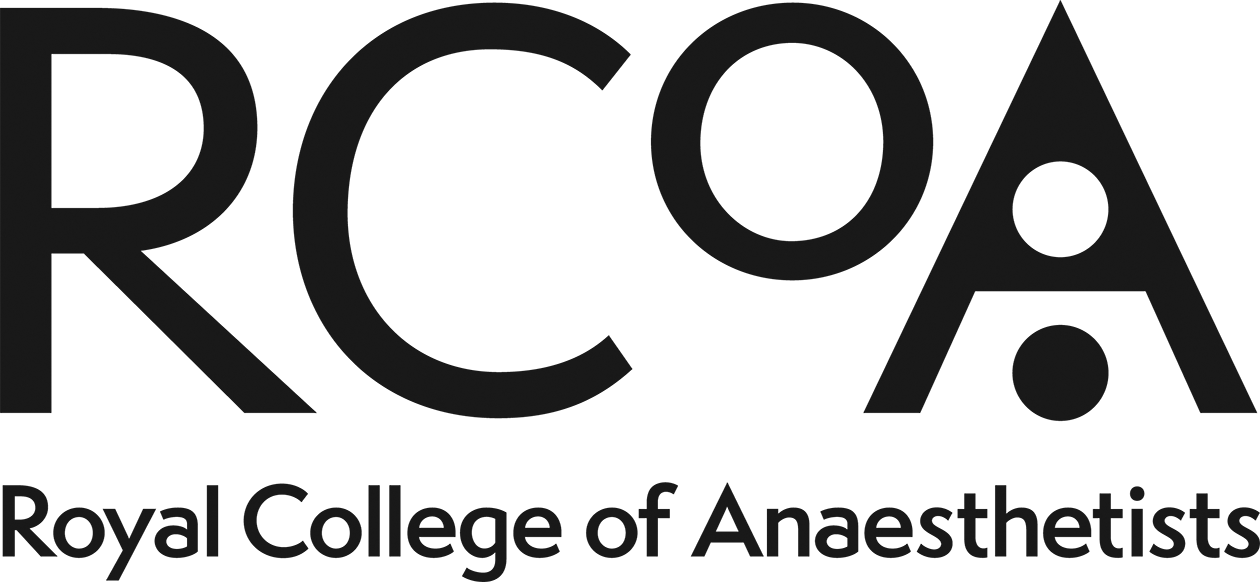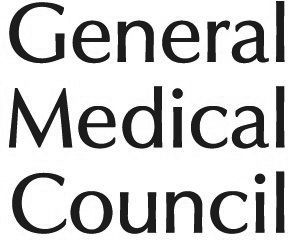Dr Basil Almahdi, Pain Medicine Specialist
Dr Basil Almahdi
Pain Medicine Specialist
Dr Basil Almahdi MBChB FRCA FFPMRCA
Pain Medicine Specialist
Dr Basil Almahdi
Pain Medicine Specialist MBChB FRCA FFPMRCA

Areas of expertise
- Spinal degenerative disease
- Chronic pain syndromes
- Sciatica
- Bone metastases
- Osteoid osteoma


Recommendations for Dr Almahdi
These recommendations are for information purposes only. Doctors providing recommendations do so in good faith and are not responsible for clinical outcomes.






Recommended by:
About Dr Basil Almahdi
Dr Basil Almahdi is a Consultant in anaesthesia and pain medicine at Whittington Health NHS Trust where he currently treats acute and chronic pain. He practices privately at the Hospital of St John & St Elizabeth where he forms part of their specialist spinal clinic. He is an expert in spinal and degenerative disease, chronic pain syndromes, sciatica, bone metastases, osteoid osteoma, nerve root pain, spinal cord stimulator and neuromodulation. He has a particular interest in the treatment of post-operative pain, palliative treatments for cancer pain and neuropathic pain. He is also interested in the minimally-invasive treatment of problems caused by the degenerative spinal disease including disc herniation, spinal stenosis, and radiculopathies. His approach to patient care involves making sure the needs of each individual is met with a considered and specific treatment plan for pain.
Dr Almahdi qualified as a medical doctor in 1997. He completed his specialist training in London and gained a higher degree in pain management at University College Hospital as a Fellow in pain medicine at the National Hospital for Neurology and Neurosurgery, Queen Square. He then trained at Royal National Orthopaedic Hospital and The Pain Management Centre at University College Hospital where he was a Locum Consultant and learned to manage complex spinal pain problems.
Dr Almahdi has numerous publications to his credit. An avid teacher, he has lectured nationally and internationally in the field of pain and anaesthesia. He is fluent in English and Arabic.
Areas of expertise
- Bariatric surgery anaesthesia
- Bone metastases
- Cancer-related pain
- Chronic pain syndromes
- Complex regional pain syndrome
- Epidurals
- Fibromyalgia
- General anaesthesia
- Nerve injuries
- Nerve root pain
- Neuromodulation
- Neuropathic pain
- Osteoid osteoma
- Pain management
- Persistent post-surgical pain
- Regional anaesthesia
- Sciatica
- Spinal cord stimulator
- Spinal degenerative disease
- Spinal pain
- Spinal radiculopathies
- Spinal stenosis
Frequently asked questions
What are the common symptoms that your patients tend to present with?
As a pain specialist, it's always pain, but different types of pain in different parts of the body. The commonest pain that I tend to encounter in my clinical practice is lower back pain. Lower back pain is a big field of types, sources and problems associated and causing it. By far, it's the commonest symptom I encounter in my practice.
What are the treatments that you're able to offer your patients?
The treatment of pain in general is a holistic, multi-modal approach. It starts from the way that we interact with patients and goes on to the types of medication that we offer, the liaison with allied health professionals in chronic pain – specifically physiotherapy, chronic pain tailored psychology – to the interventions that we perform. Interventions range from drug infusions, injections, radiofrequency, neurodestructive procedures, up to neuromodulation and spinal cord simulator insertion.
Each patient needs a tailored approach to their original problem and their individual need. We try and involve all the aspects of the multi-modal approach, as appropriate, in each and every patient.
What are your areas of sub-specialist interest?
As the commonest problem that we encounter is lower back pain, I tried to develop special interest in managing the lower back pain. On the non-interventional side, I liaise well with physiotherapy team and chronic pain psychology specialists to try and develop some sort of a working plan to try and improve both the mechanical back pain and its impact on functionality and on psychological wellbeing. On the interventional side, I try and tailor the intervention according to the patient's specific need and I excel in all the interventions related to back pain per se, ranging from simple joint injections, diagnostic blocks, nerve root blocks, epidurals, radiofrequency denervation of joints, pulsed radiofrequency applications, up to spinal cord simulator implants.
Professional memberships










































